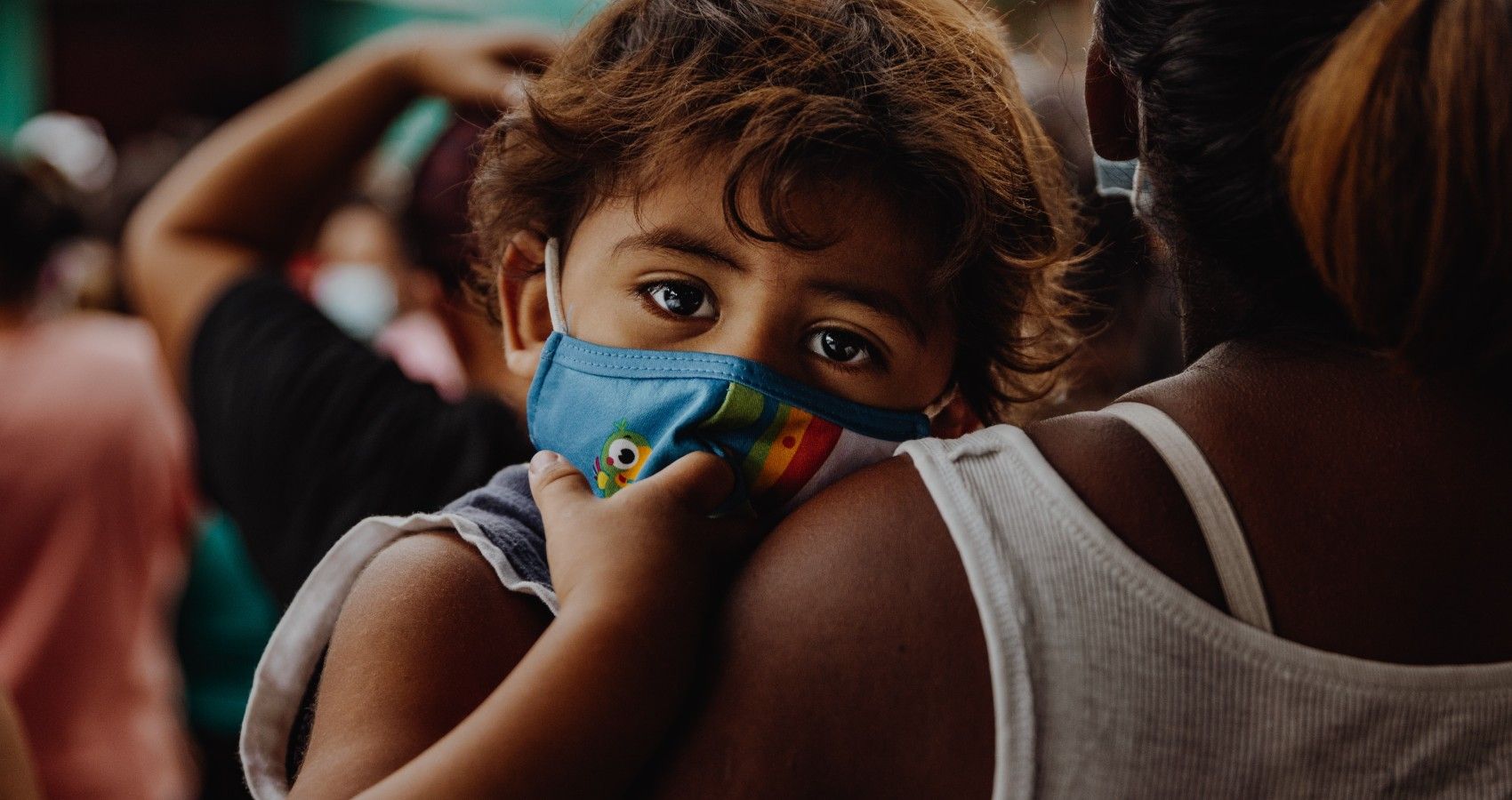A new study has found that children are just as at risk of contracting COVID-19 as adults, but they are less likely to get sick. Part of what makes this pandemic so scary for families out there is how much seems to be “unknown.” COVID-19 was a new virus, and this meant that experts had to learn about it as time went on, and this means that information changed. When the pandemic first began, children appeared to be immune to the virus, and then they presented asymptomatically, and now numbers are rising in children.
Studies are still being done to see just what the impact is on children and how it affects them. According to Medical Xpress, a new study was done that has shown that children are at the same risk as adults for contracting the virus, but they are less likely to get sick from the virus.
This study was done by the University of Utah Health Sciences and it can be read in full here. This new study dismisses the previous notion that children are not as likely to get infected with the virus as adults are. The study found that children are just as likely to get infected with the virus as adults.
However, the study also found that children are less likely to show symptoms than adults. While this means that they are not likely to get “sick,” they can still be carriers and spread it to other adults who are at a higher risk of showing symptoms and getting seriously ill. Christina Porucznik was the lead on this investigation and she said that it was once believed that children were not getting sick because they were not showing symptoms, however, children are still being infected and spreading it to others.
This is another note to highlight the importance of adults and children (who are eligible) getting vaccinated. This can limit the spread to others who possibly cannot get vaccinated for health reasons, or are at a higher risk of getting infected and ending up in the hospital. The study found that when it comes to children, only 50% show symptoms, and that is compared to 88% of cases in adults. Researchers are also stating that this study shows that the cases in children may be grossly underrepresented due to children not getting tested because they were not showing symptoms. If a child is not presenting any symptoms of the virus, parents are not likely to get them tested because they don’t think there is anything wrong.
Sources: Medical Xpress, JAMA Network

